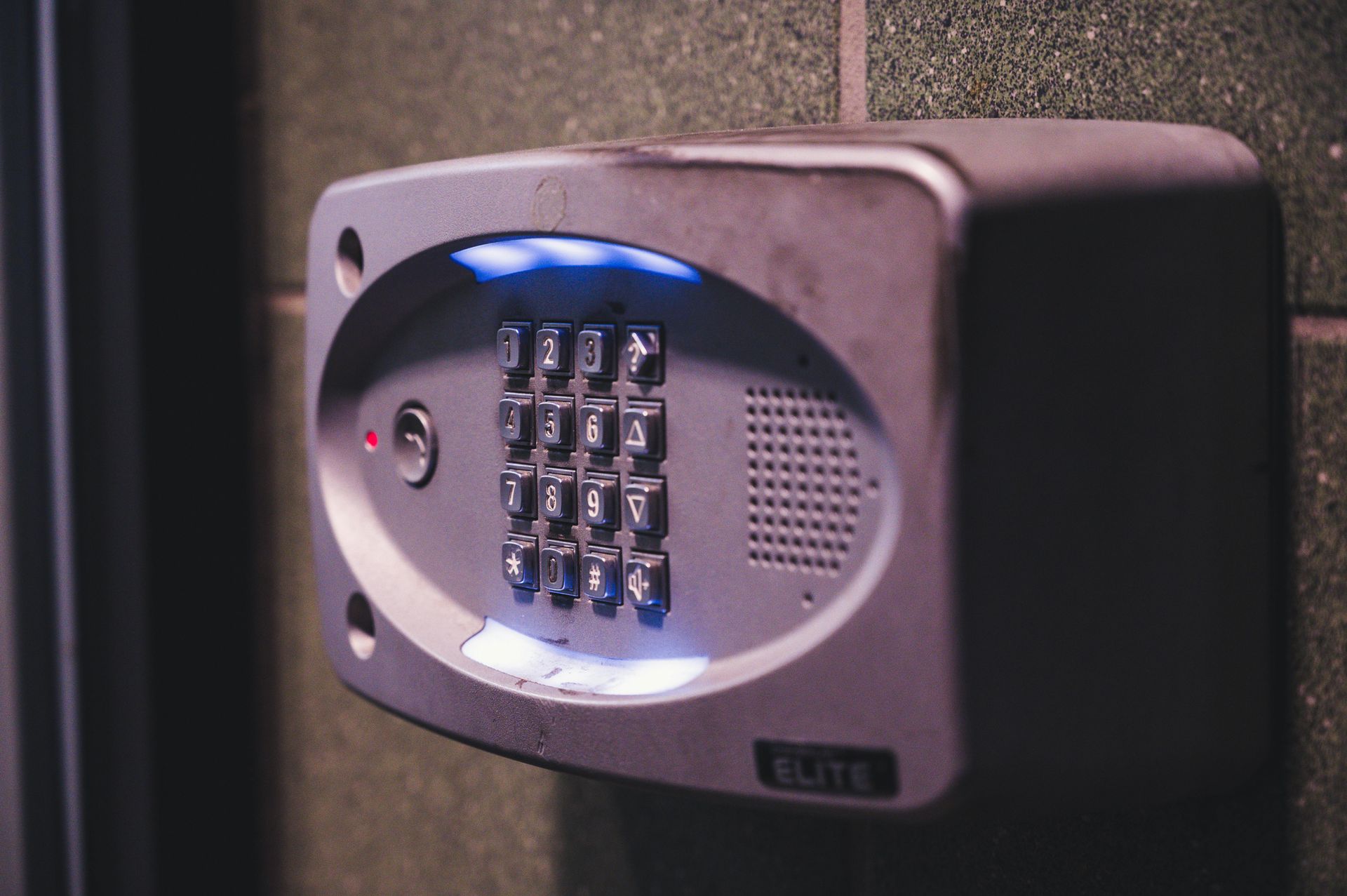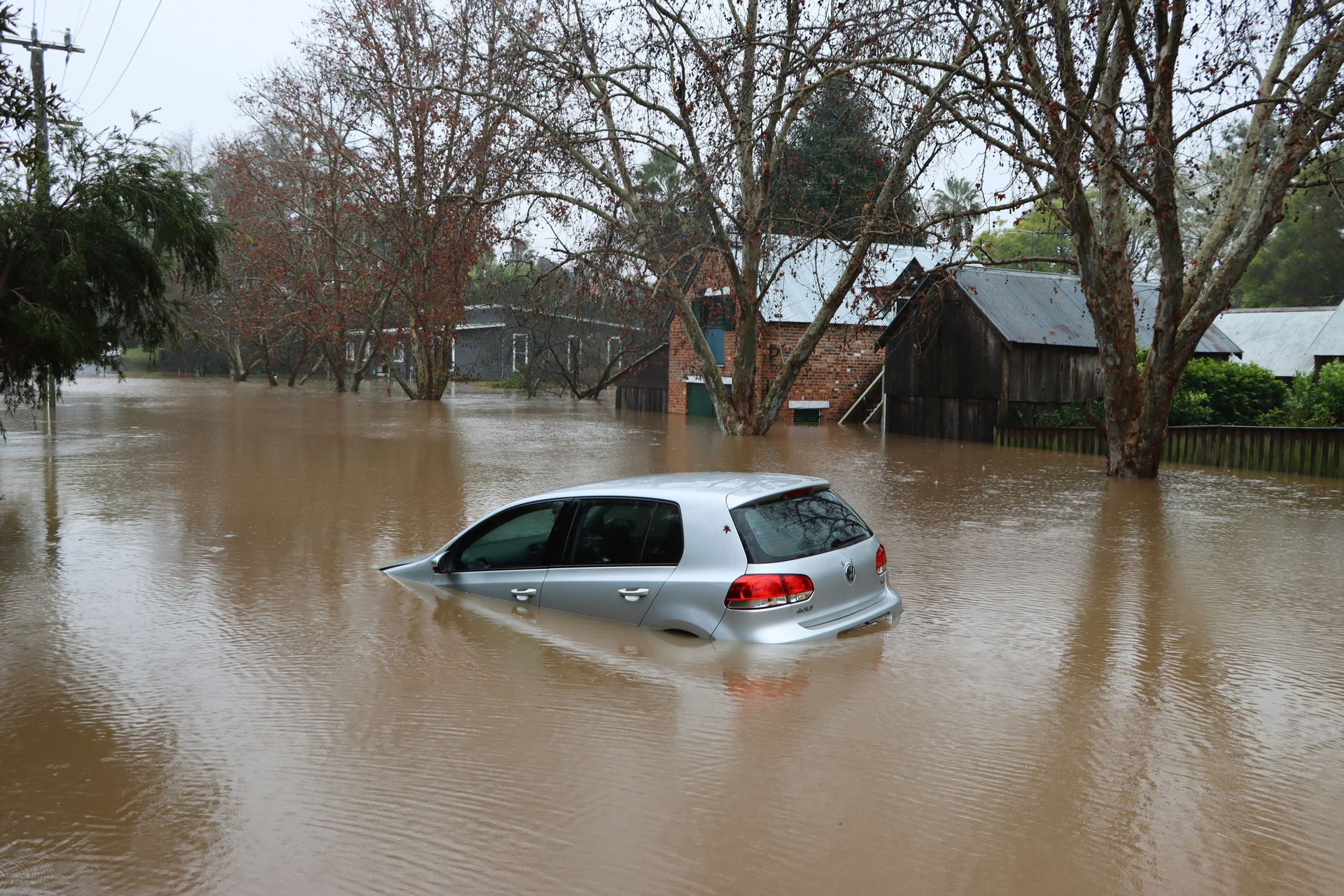Smart Home Devices That Actually Protect Your Home (and Can Lower Your Insurance Costs)

If a gadget doesn’t prevent a claim, it’s just a shiny toy. The smart devices below do the opposite: they reduce real risk—fire, theft, water, freeze—and that’s exactly what insurers reward with lower premiums. Not every discount applies to every carrier, but the risk reduction is real either way.
Why insurers care about “smart” gear
Carriers price for risk. If your home is harder to break into, less likely to burn, less likely to flood from a burst line, and less likely to freeze, you’re a better bet. That can translate into protective-device credits—commonly a few percent for basic devices and up to ~5–15% for professionally monitored security/fire systems. Your exact savings depend on the company and the documentation you provide.
The gear that moves the needle
1) Monitored security system (the heavy hitter)
- What it does: Deters break-ins, dispatches help.
- Why it matters: Police/monitoring response and event logs.
- What insurers like: Professional monitoring certificate (UL-listed is best), door/window sensors, motion sensors, glass break, and a central station fire signal if available.
- Pro tip: Self-monitored cameras alone rarely earn the same discount. If savings matter, get professional monitoring.
2) Interconnected smoke & CO alarms (smart or hard-wired)
- What it does: Wakes everyone up fast and alerts your phone.
- Why it matters: Early detection prevents total losses
- What insurers like: Interconnected alarms (when one goes off, they all go off). If tied to a monitored panel, even better.
3) Water leak sensors + automatic shutoff valve
- What it does: Catches pinhole leaks, washing-machine hose failures, and water-heater drips—then shuts the water off
- Why it matters: Water damage is one of the most common, expensive claims
- What insurers like: A whole-home shutoff with floor sensors near sinks, toilets, fridge line, water heater, and laundry.
- Install tip: Have a plumber add the valve at the main line. Pair a few wireless pucks in high-risk spots.
4) Freeze/temperature sensors & smart thermostat
- What it does: Warns you before pipes freeze and can auto-raise temps
- Why it matters (Carolinas + PCS moves): Cold snaps + empty houses = burst pipes
- What insurers like: Documents showing active monitoring alerts and maintained temp.
5) Smart locks & garage controllers
- What it does: Tracks entries, auto-locks, and lets you set codes for contractors.
- Why it matters: Fewer “forgot to lock” thefts; better access control during renovations or while you’re TDY.
- Insurer angle: Often a smaller credit, but part of a stronger overall protection story.
6) Outdoor cameras + motion lighting
- What it does: Deters crimes of opportunity and helps verify events
- Why it matters: Theft prevention, package protection, and evidence after the fact
- Insurer angle: Cameras alone don’t usually trigger a discount; combined with a monitored system, they strengthen the case.
7) Whole-home surge protection & smart plugs
- What it does: Shields appliances and electronics from power spikes.
- Why it matters (hello, summer storms): Prevents expensive electronics claims
- Insurer angle: Rarely a specific discount, but it reduces loss potential—especially in thunderstorm and hurricane-prone areas.
What discounts to ask us about
- Central station burglary and fire (biggest impact)
- Automatic water shutoff/Leak detection
- Smoke/CO alarm credit (interconnected preferred)
- Deadbolt/locking devices (smart locks may qualify here)
- Gated community/HOA security (if applicable)
Bring the monitoring certificate and any install invoices—that’s how we help you capture the credits.
Do’s, don’ts, and gotchas
- Do choose professional monitoring if you want the best credit. App-only alerts = nice, not discount-worthy.
- Do put leak sensors where water actually happens: under sinks, behind toilets, by the fridge, water heater, and laundry.
- Do set up alerts that escalate (push → text → call). If you’re traveling, add a local contact.
- Don’t ignore batteries. Set a reminder every 6 months to test alarms and replace batteries.
- Don’t skip documentation; no cert = no credit.
- Privacy check: Use unique passwords, enable 2FA, and change default admin logins. Hard-wire where you can.
Rough cost guide (so you can plan)
- Monitored security + fire: $0–$199 install promos, $20–$45/mo monitoring.
- Leak sensors: $15–$40 each; auto shutoff valve $250–$700 plus install.
- Smart thermostat: $100–$250 (often utility rebates).
- Smart lock: $100–$250 per door.
- Whole-home surge protector: $150–$400 plus electrician labor.
Even a modest premium credit can offset a chunk of these costs—and you avoid claims (which protects your future rates).
Fast weekend action plan
- Order: 4–6 leak sensors + one auto shutoff valve.
- Book: Monitoring upgrade for your existing alarm (or install a new monitored system).
- Install: Interconnected smoke/CO alarms; add a freeze sensor near the most exposed plumbing.
- Secure: Smart lock on the main entry; motion lights at front/back.
- Document: Save receipts + monitoring certificate.
- Send it to us: We’ll apply every eligible credit to your policy.
Military & movers note
If you’re away for training, deployment, or a PCS gap, set vacation mode: lower but safe thermostat settings, arm the system, and make a trusted local contact the secondary alert. Water shutoff + freeze sensors are your best friends for an empty house.
Bottom line
Smart devices are worth it when they prevent losses and unlock discounts. If you want me to sanity-check your setup or see what credits your carrier offers, shoot me your list (or a photo of your hub/monitoring cert). We’ll squeeze every discount you qualify for and make sure the coverage matches your risk—without the gimmicks.
Serving North Carolina, Indiana, Kentucky, Missouri, Tennessee, Texas, and Virginia. If you live near Fort Liberty/Bragg, we know the local risks and carriers inside and out.







